There's a fine line between content curation and plagiarism and content creators are unwittingly sabotaging the influencer relationships they hope to build.

|
Scooped by
Guillaume Decugis
onto Content curation trends August 25, 2016 8:08 PM
|








 Your new post is loading...
Your new post is loading...
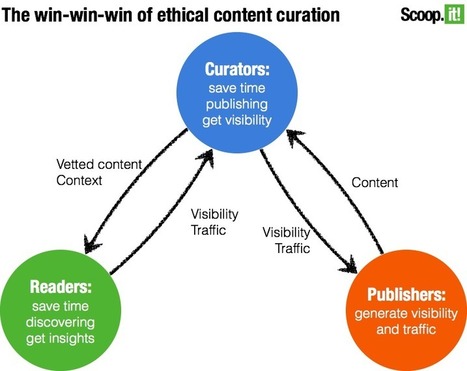




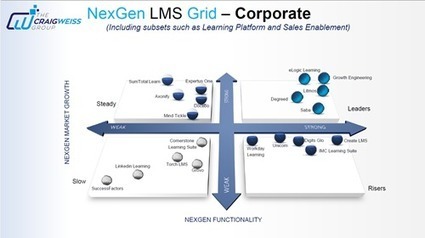

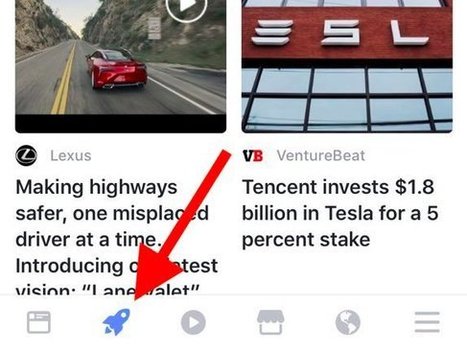


















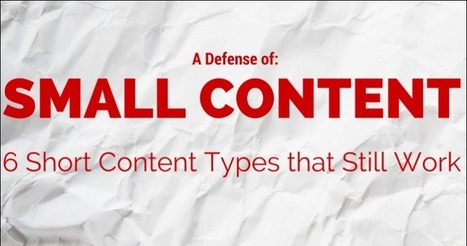


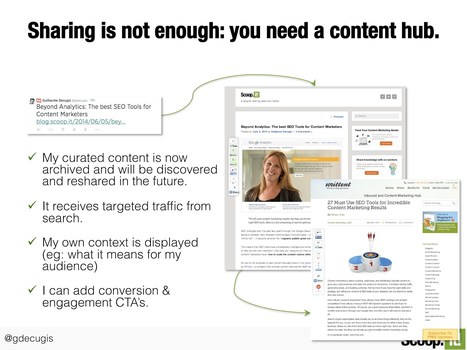










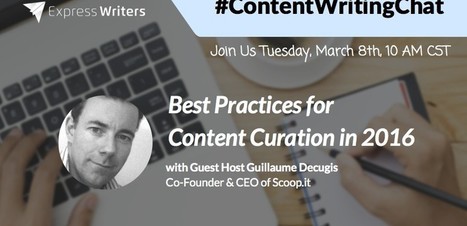


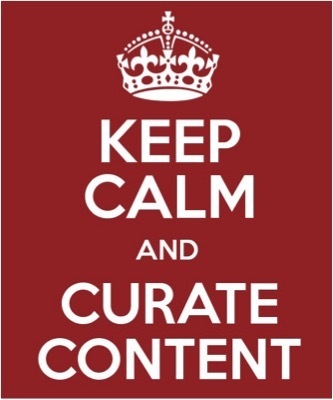




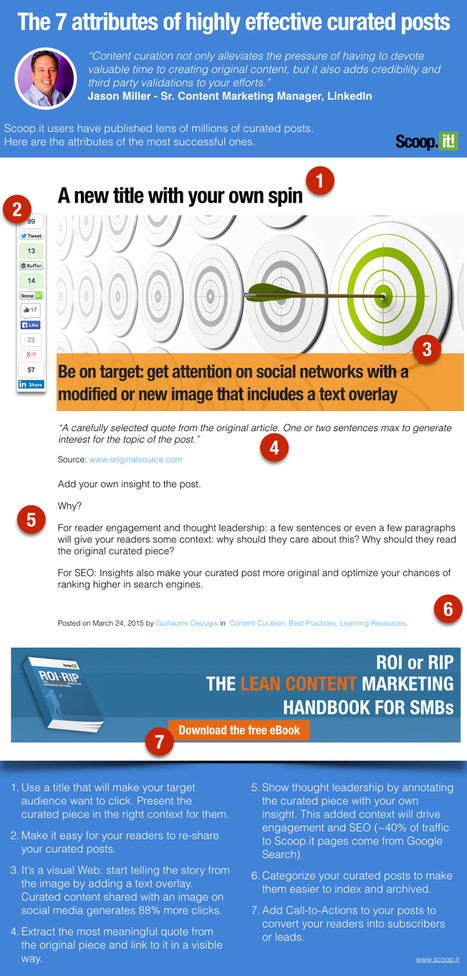


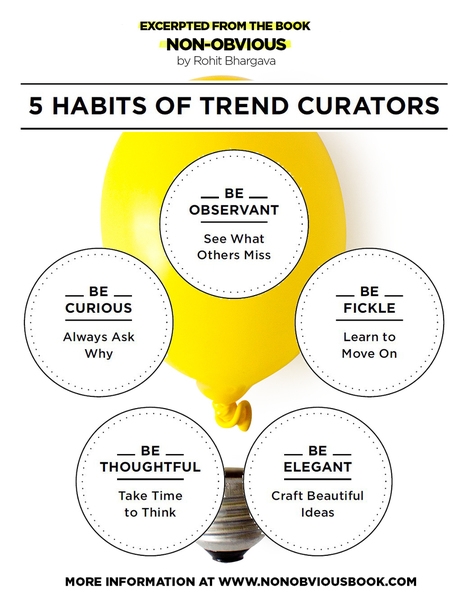





As I've written here on the Traackr's blog, content curation is a great first step to build influencer relationships. In short, by curating their content the right way, you not only bring them traffic but you also enrich the conversation and engagement around their content. You give before you get which makes them more likely to respond to your future requests to collaborate or getting help with sharing content.
But as @Erika Heald points out in this great post, this type of curation is not for the lazy marketers who just want a shortcut. There's a right way of doing it and mistakes to avoid (which by the way is one of the reasons to use good tools as they'll act as gatekeeper for doing ethical content curation).
It's ok to want to be efficient: actually it's probably a must. But being lazy and efficient are not the same. So here are 5 great things to have in mind when curating content to build influencer relationships.